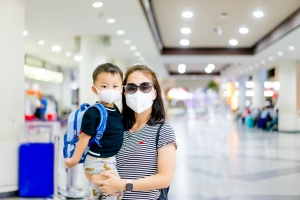This Open Call for Proposals, setup in cooperation with the UK Space Agency (UKSA), calls for activities to facilitate the quick integration and deployment of concrete and sustainable solutions to contribute to help alleviate the stress on the UK healthcare ecosystem provoked by the COVID-19 outbreak, making use of the different advantages provided by space-based products and services.
Please note the following important points before you decide to prepare your submission:



